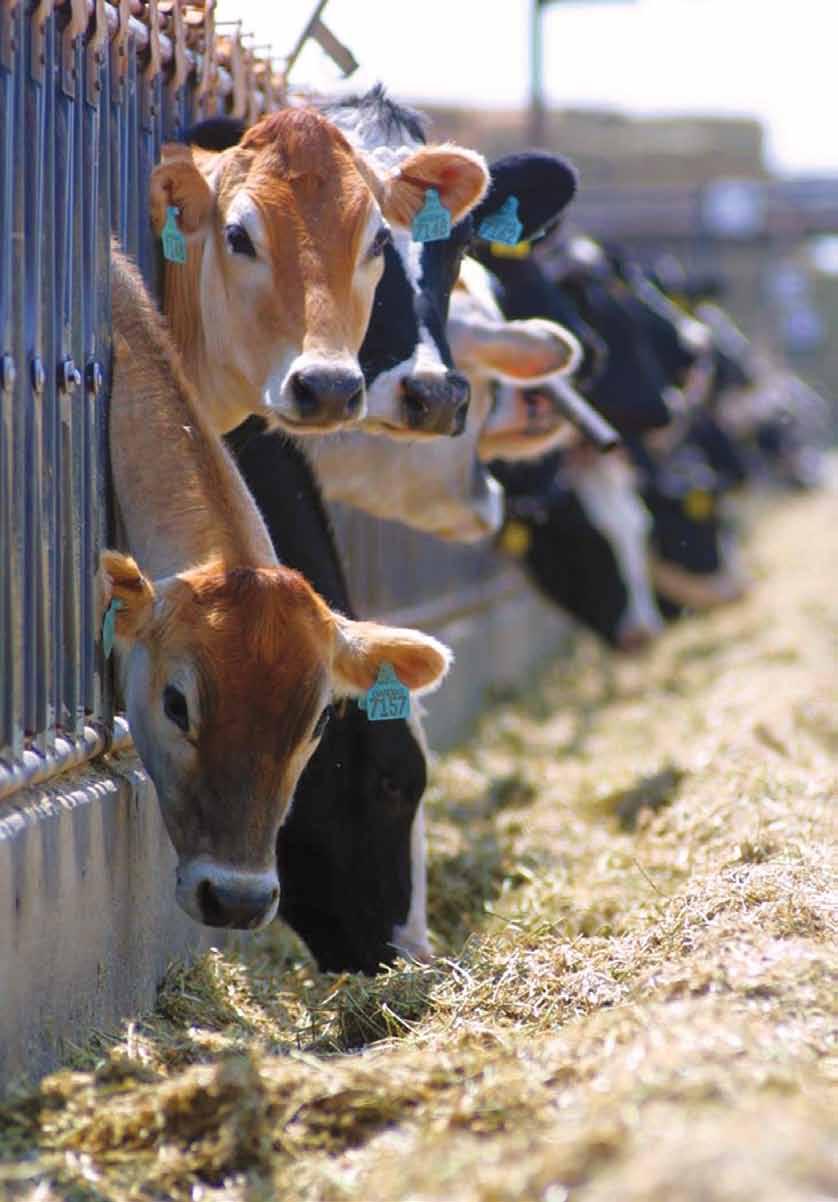
2 minute read
THE FRONT LINES
CORONAVIRUS HEROES | ON THE FRONT LINES
Emergency Medical Technicians
While people working inside hospitals are clearly playing a heroic role, the first interaction many people have with the health care system happens in their own homes and offices.
Emergency medical technicians (EMTs) are in the middle of it all, out in the community as a first line of defense against a potentially deadly virus.
CHANGING JOB
According to reports in the New York Times, first responders in New York City are playing different roles than their usual routine.
Always a high-stress job with life-or-death consequences and tremendous time pressure, New York’s EMTs took on the added task of screening who should and shouldn’t go to the hospital in the heat of the coronavirus pandemic.
Some callers even fake symptoms, or exaggerate their conditions, in hopes of getting better care, the newspaper reported.
EMTs now have the uncomfortable role of telling some patients they shouldn’t go to the hospital.
RISKY CONDITIONS
While hospitals are known for having sterile, somewhat controlled environments for treating medical conditions, EMTs have to work in the real world.
That means they’re dealing with unknown variables.
In addition to working through all kinds of weather and fighting traffic to quickly get to patients, they have to be prepared for the possibility that every person they interact with could potentially be carrying the COVID-19 virus.
They are also dealing with the same supply shortages as hospitals. Personal protective equipment is in high demand all around the globe, and EMTs are forced to make the best of a less-than-ideal situation in many cases.
HAZARD PAY?
United States Treasury Secretary Steven Mnuchin has suggested that coronavirus first-responders deserve hazard pay because of the extraordinary conditions they are working through during the pandemic.
According to EMS1.com, which covers the emergency medical industry, the idea gets a mixed reaction among medical employees.
“Many say the pay isn’t necessary, arguing, ‘we knew what we signed up for when we climbed onto the rig,’ while others note the extraordinary circumstances, contending, ‘while the job of paramedics and first responders has its inherent risks, the COVID-19 pandemic is outside the scope of everyday risks,’” an editor’s note reads.
DISPATCHERS
While they are not physically on the front lines fighting the coronavirus, the dispatchers who take emergency calls and communicate with first responders are no less impacted during the pandemic.
Calls for emergency services are reaching record levels in many areas. The same calls for regular emergencies continue to come in from car wrecks, heart attacks and other health problems, and the coronavirus only compounds an already stressful job.
The safety of first responders also rests on how well dispatchers communicate. They have to gauge whether a patient has coronavirus symptoms so EMTs can arrive with the right protective equipment. Not only that, but they have to relay accurate information about addresses and other details that can save lives when time is at a premium.
CELEBRATE JUNE DAIRY MONTH
Thank YOU to ALL #Essential Agriculture Employees










